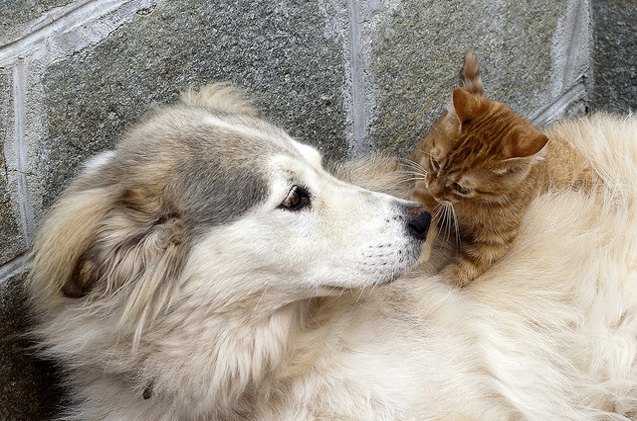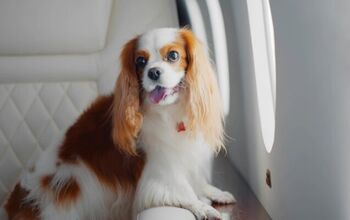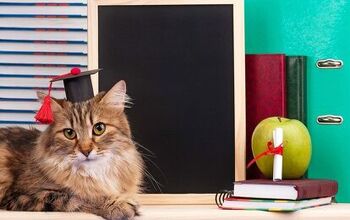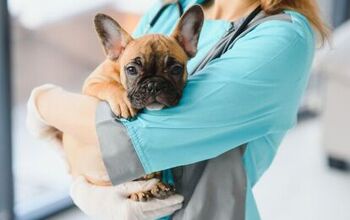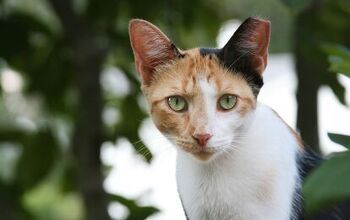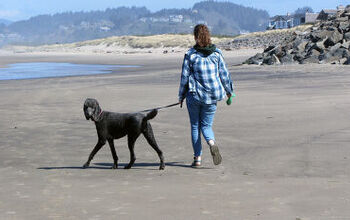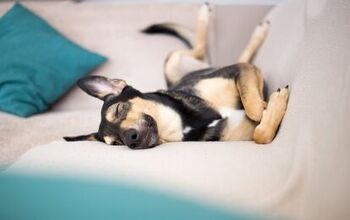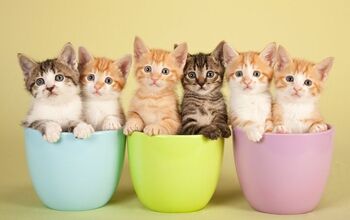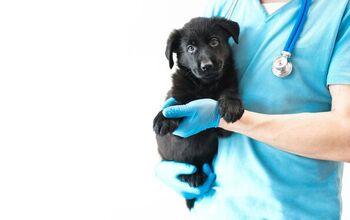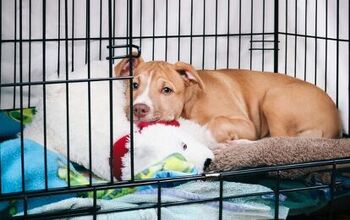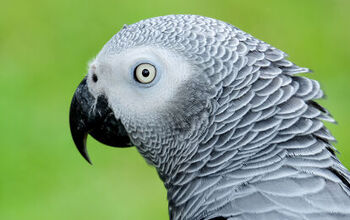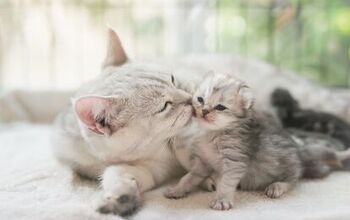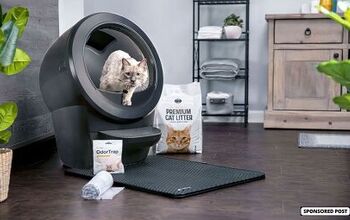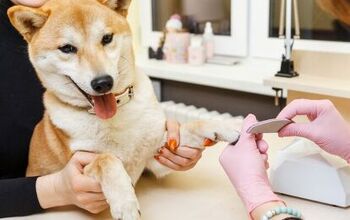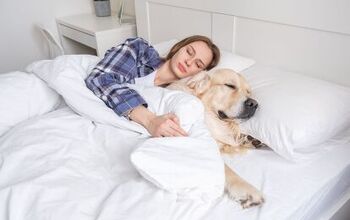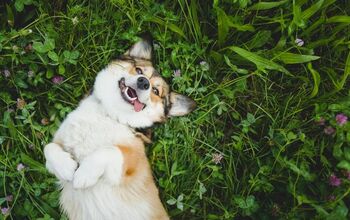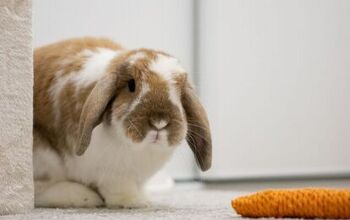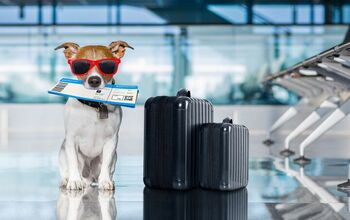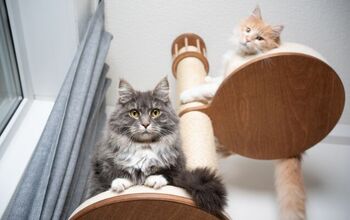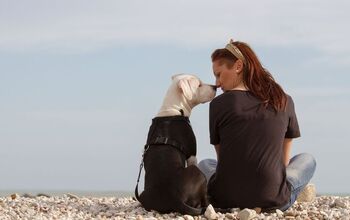Study Reveals That Cats Really Don’t Need Us

I often visit the outlets of a smaller pet product chain located in my area. What I’ve learned from my various excursions is that many of them tend to have a feline “mascot” who lolls around by the cash register or lays sprawled across one of the larger bags of litter or dog food. Said kitty is typically morbidly obese and from conversations with sales staff, I have learned the reason. It seems that at night, when the lights are out and the doors locked, Fluffy doesn’t panic and look for assistance; she self-helps from the expansive line of edible products and essentially turns the shop stock into her own personal buffet.
Be honest, don’t you love a critter that makes the conscious decision to not only survive without us, but quite frankly, to thrive? Me too, but that’s why my kibble is stored in a locked plastic bin and the treats are kept in the fridge.
Related: Study Says Watching Cat Videos Boosts Energy, Positive Emotions [Video]
But apparently this independent streak in felines isn’t just my take on the situation. The animal behavior specialists at the University of Lincoln in the UK found that while dogs look to their owners as a “safe base”, our cats consider us quite differently. The studies showed that while our gal pals may like to interact with us, they don’t really look to us for reassurance in an unfamiliar environment or when the chips are down. Researchers feel this harkens back to the nature of the species and the fact that they are generally an independent and solitary hunter.
Professor Daniel Mills, Professor of Veterinary Behavioural Medicine at the University’s School of Life Sciences conducted the research which is now published in the scientific journal PLOS ONE.
Related: How Do Cats Show Affection?
According to Mills, “Previous research has suggested that some cats show signs of separation anxiety when left alone by their owners, in the same way that dogs do, but the results of our study show that they are in fact much more independent than canine companions. It seems that what we interpret as separation anxiety might actually be signs of frustration.”
The test used to measure and arrive at this conclusion was adapted from the Ainsworth Strange Situation Test (SST), which is used to demonstrate the “secure attachment” bond that exists between children or pet dogs with their primary carer. In lay-person-speak, it means that the carer is seen as something that is safe and secure in an otherwise potentially threatening (or unfamiliar) environment.
When it came to applying this test to felines versus kids and pooches, the pets were placed in an unfamiliar environment together with their owner, with a stranger and also on their own. In each situation researchers assessed three different characteristics of attachment; the amount of contact sought by the cat, the level of passive behaviour, and signs of distress caused by the absence of the owner.
Mills states that one would typically expect to see attached individuals seek out or stay close to their carer, show signs of distress when separated and demonstrate pleasure when their attachment figure returns. But the feline test subjects exhibited none of these behaviours and proved once again that as long as they can rip open a bag of kibble, they don’t need us in their lives.
Sigh… at least the dog will still need me. And it’s nice to feel needed!
[Source: Science Daily]

Sharing space with three seriously judgy Schnoodles and a feline who prefers to be left alone. #LivingMyBestLife
More by Mary Simpson



